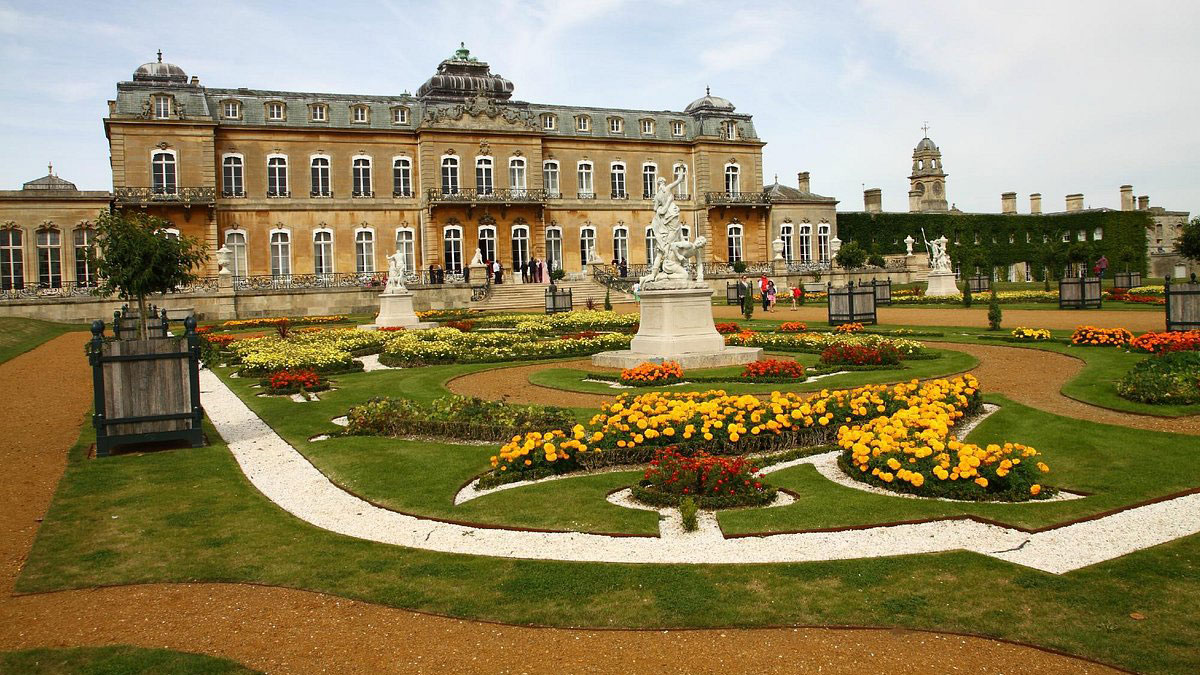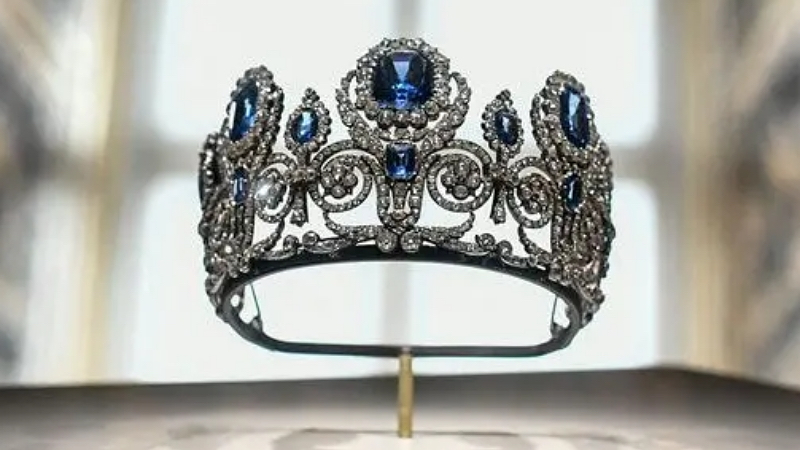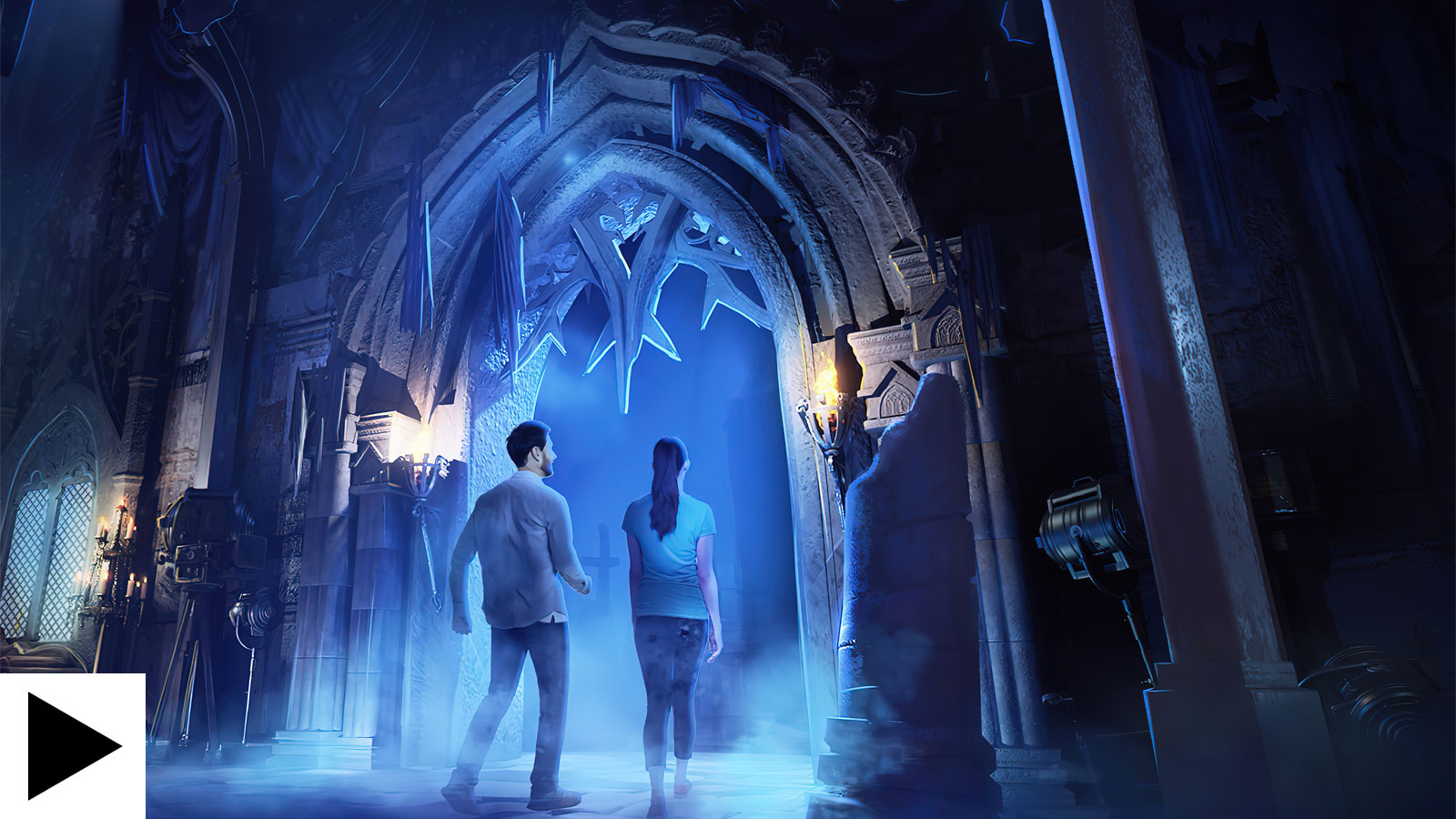|
English Heritage is testing body-worn cameras at four of the national organisation’s sites in an attempt to deter anti-social behaviour and crime, as well as to protect its staff during ‘confrontational situations’

Tom Anstey | Planet Attractions | 22 Mar 2024

 Wrest Park in Bedfordshire is one of four sites testing the technology Credit: English Heritage Wrest Park in Bedfordshire is one of four sites testing the technology Credit: English Heritage
Several English Heritage sites are attempting to deter anti-social behaviour with a new trial introducing body-worn cameras for staff.
A number of professions, including policing, nursing, and teaching, have, in some places, adopted body-worn cameras. With English Heritage now joining the list, the national charity believes the move will better protect its staff.
“Body-worn camera footage is recorded on the basis of our legitimate interest in deterring and detecting crime,” says the organisation’s policy on body-worn cameras.
“Experience of using body-worn cameras has shown that they are useful at helping diffuse confrontational situations and provide a reliable version of events, which can help us to clarify any dispute or serve as evidence in the event it is believed a crime has been committed.”
Managing more than 400 historic sites and monuments across England, English Heritage says the cameras will help to support the de-escalation of conflict or confrontation and the prevention or detection of crime and disorder, It also says the cameras will offer a resolution for disputes including complaints against staff.
“The vast majority of people come to our sites to enjoy a great day out, but sadly we do see isolated incidences of anti-social behaviour directed towards our staff,” said an English Heritage spokesperson. “It’s really important that our team feel safe and supported so as an additional measure, we have decided to trial the use of body-worn cameras.”
Designed to be visible to visitors, the cameras are being worn by staff at heritage sites including Wrest Park in Bedfordshire, Tilbury Fort in Essex, Kenwood House in north London and Marble Hill in south London.
English Heritage recently warned of rising thefts at its sites, with offenders disguising themselves as staff to steal historic treasures. In a report released this month, between 2021 and 2022, more than £3.2m (US$4.4m, €3.7m) worth of cultural property has been stolen from museums, art galleries and stately homes in the UK.
Heritage
|
|






Supplier Showcase 2025: The biggest attractions projects landing worldwide this year
|